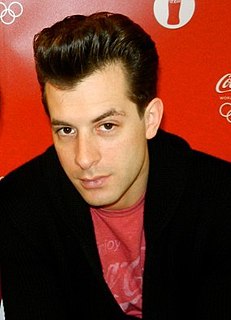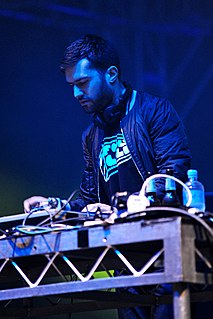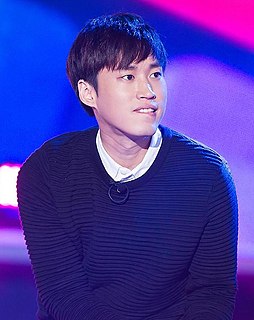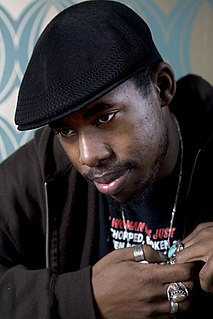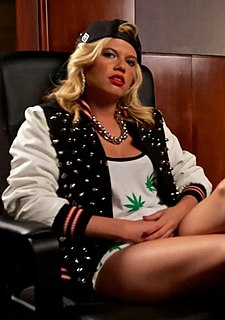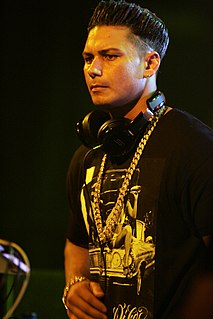A Quote by Hiroshi Fujiwara
I really got interested in the DJ side. I mean, I guess I was some kind of DJ in Japan already, but the hip-hop scene was naturally happening, and I picked up on that style, then brought back from New York the information on records and technique to Tokyo.
Related Quotes
I've been a DJ since I was about 13, and I started out as a hip-hop DJ. So I was always playing records that would just get people going. I was just doing parties and high school dances and whatever, and then, progressively, I started making my own music, writing little songs here and there, but it was never anything crazy.
I used to skate a lot when I was a kid. I loved it and was quite good. When I came back to London in around '85, I got really into skating again. But at the time, it had no influence from hip-hop. It was just thrash rock, hardcore rock, and skulls and all black - that kind of style. In Japan, the skaters were also strictly into rock culture, too, but I was coming from the hip-hop side, so for a while it was difficult to mix both interests.
London has become really boring. I mean, years ago, London was really happening - there was swinging London and then punk. It was really different from other cities, and so I'd always wanted to go there and see what was actually going on. After that, hip-hop was the next thing happening, so to get the records or the proper clothing, you really had to actually go to New York. But now you don't really need to go.

